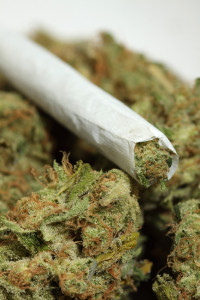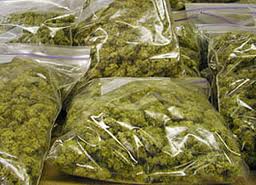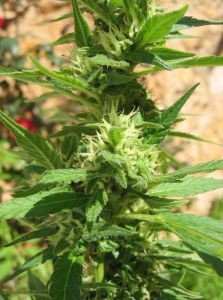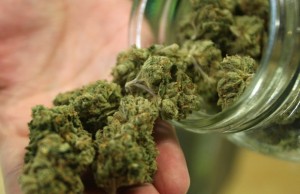 Over the last several years the marijuana policy has greatly evolved in Maryland, and more changes are on the horizon. From the decriminalization of small amounts of pot to medical cannabis, and even the Baltimore City State’s Attorney’s Office ending prosecution for marijuana possession, the progress has been undeniable. On the other hand, marijuana continues to be the root of hundreds of criminal prosecutions each year in the state of Maryland, and the majority of these cases begin out on the roads and highways. There is no easier way for police to make contact with the general public than through traffic stops, and this contact can quickly lead to a criminal investigation based on the smell of marijuana. With all the changes going on it is important to take a minute to understand what police officers are legally allowed to do on the road, and what they will often do regardless of legality.
Over the last several years the marijuana policy has greatly evolved in Maryland, and more changes are on the horizon. From the decriminalization of small amounts of pot to medical cannabis, and even the Baltimore City State’s Attorney’s Office ending prosecution for marijuana possession, the progress has been undeniable. On the other hand, marijuana continues to be the root of hundreds of criminal prosecutions each year in the state of Maryland, and the majority of these cases begin out on the roads and highways. There is no easier way for police to make contact with the general public than through traffic stops, and this contact can quickly lead to a criminal investigation based on the smell of marijuana. With all the changes going on it is important to take a minute to understand what police officers are legally allowed to do on the road, and what they will often do regardless of legality.
Through various rulings in 2019 and 2020 Maryland’s highest court has made it clear that police cannot search a driver or passenger of a vehicle based on the smell of marijuana. The odor of marijuana or the presence of a small amount of marijuana is not evidence of a crime, and police cannot make a lawful arrest without more incriminating evidence. Police also are not able to search a person based on the smell or presence of marijuana and then say they were concerned about the presence of a weapon to justify a search. A search of person requires probable cause to believe that the person is armed or in possession of evidence of a crime. In addition, police are not permitted to perform the lesser intrusion of a frisk or pat down for weapons unless they have reasonable suspicion that the person is armed. Reasonable suspicion is a lower level of suspicion than probable cause, but still requires specific facts to indicate the presence of a weapon.
While police now have a far more limited ability to perform frisks and searches of people, they still have the power to perform automobile searches. Since marijuana is still considered illegal contraband, the odor of marijuana or the presence of a small amount still gives police the authority to search a car under the automobile exception. Contraband refers to goods that are illegal to possess regardless of whether possession of the goods is a crime. When lawmakers made possession of less than 10 grams of marijuana a civil infraction, they essentially preserved a police officer’s right to search a car based on the smell of marijuana. Nine out of ten times when police decide to search a car, they are not doing it solely to find a small amount of pot, and this is why marijuana is such a common cause of roadside arrests. Searching a car requires time and multiple police units, as an officer cannot search a car and watch its occupants at the same time. No officer is going to call for backup if he or she believes that the search will only yield a baggie of pot. To the contrary, police are generally looking for other controlled substances, large amounts of marijuana combined with currency and other evidence of distribution such as scales and empty bags, and finally firearms. We see dozens of handgun cases each year that begin as simple probable cause searches based on the odor of marijuana, and until marijuana is legalized this law enforcement tactic will continue. Transporting marijuana of any quantity or smoking in the car essentially give police a free look into a vehicle after any type of lawful traffic stop. Whether it’s a broken taillight or failing to signal, police do not need more than a primary moving violation or equipment violation to make contact with a potential suspect.
 Criminal Defense Lawyer Blog
Criminal Defense Lawyer Blog







